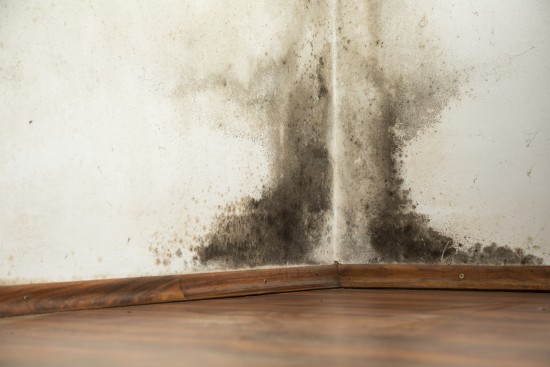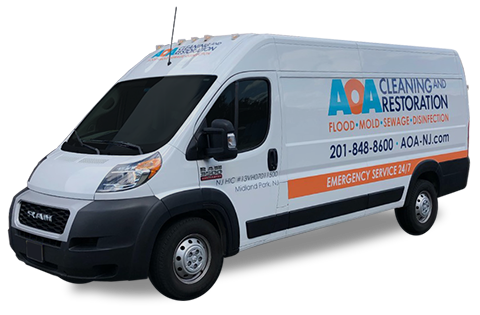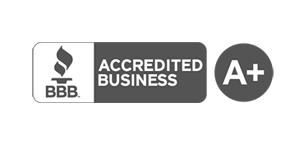Spring and warmer temperatures mean that homeowners are contacting contractors about their home improvement projects. The work you do may reveal a hidden problem: mold.
Whether you’re installing a new HVAC unit in someone’s attic or basement, doing some carpentry or construction, or renovating a bathroom or kitchen, you might find evidence of this potentially dangerous substance. A combination of moisture, mild temperatures, organic matter (mold’s food source) and the presence of ample mold spores can all lead to a big problem. Bottom line: wherever moisture builds up, mold can develop. You can read more about mold at http://www.epa.gov/mold/index.html.

Contractors beware
General contractors, plumbers, carpenters and other trades need to be aware of what mold looks like and what it can do, since they are often the first on the scene to discover the problem. It can be pretty much any color—green, white, grey, red or yellow depending on the variety. Colonies become slimy or velvety in appearance.
Not all mold is toxic but it’s a smart idea to protect yourself and the property owner by contacting a certified mold remediation contractor to check it out. Black mold presents a serious problem for humans and buildings. It can eat through tile, carpet or sheetrock and do hefty damage that will require removal, remediation and restoration of the area. Floors, walls, ceilings, cabinetry—any organic host—is susceptible and can endanger your workers and customers, and threaten the structure.
Small areas and light accumulation can be handled with bleach and water in many cases (use gloves and masks for protection, since spores are airborne). But if the infestation is broad enough or the mold variety is toxic, important precautions must be implemented by trained technicians in protective gear. If you find mold on the job, or suspect it could be toxic, we strongly recommend our fellow trade professionals to exercise caution, stop work on the property and call a licensed, certified mold remediation specialist to the scene. You’ll be taking a powerful step in protecting your client’s interests, as well as the health and well-being of building occupants and your crew.
Of course, you can’t know right off if what you’ve encountered is toxic by sight or smell. Therefore, err on the side of caution.
Mold removal, cleanup and remediation
At AOA Cleaning and Restoration, we want to keep you and your customers safe and keep buildings mold free. Our specially trained technicians will first conduct a mold test to measure the spore count in the air and determine the kind of mold (toxic or non-toxic). They will then properly and safely remediate the area, so you can get back to work quickly and without concern.
Depending on the severity and extent of the problem, removal and cleanup measures can be extensive and tedious but totally necessary to complete remove the mold and ensure a safe environment. Chemicals are used to kill the organism down to the roots and the area is restored as needed. We’ll also provide the property owner with a report showing spore counts and other pertinent measurements following the remediation, to ensure the area is truly safe and that the problem is completely gone. As contractors on the job, you also need to know the area is safe for continued construction or other work.
If you are a plumber, building contractor, HVAC specialist or other building trades professional, and you detect or suspect mold on a job in Bergen County or Passaic County, NJ, contact AOA right away for an emergency consultation. We can also work with you on a plan to mitigate water intrusion.




















